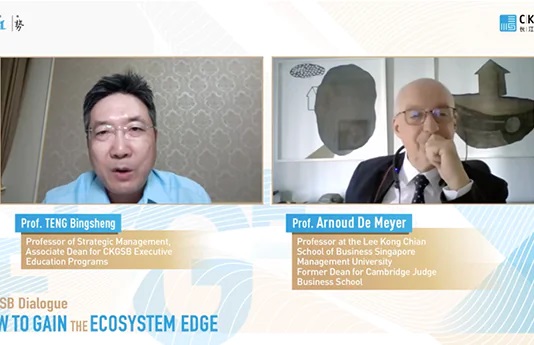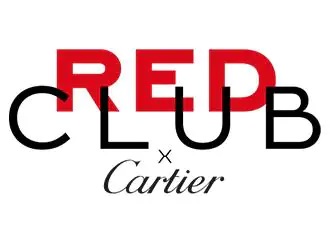Why did Boeing buy back used Airbus planes from China Eastern Airlines?
As part of a recent $6 billion deal selling 20 new 777 aircraft to China Eastern Airlines, Boeing purchased five used planes back from the airline. This would not be surprising except that Boeing did not manufacture the used planes. Airbus, Boeing’s only global competitor for large commercial aircraft, did so. The A340 aircraft were approximately eight years old and had an unaudited book value of $700 million. Boeing has done this before. In the early 2000s, it bought A340s when selling new 777s to Singapore Airlines.
Although unusual, Boeing’s behavior probably makes sense. It allows Boeing to engage in what economists call price discrimination – charging different prices to different customers based on their willingness to pay. Boeing can use the trade-in value for the used aircraft to tailor its price for customers that own Airbus planes. It can overpay for the used planes and reduce the effective price or underpay and increase the effective price.
While either is possible, Boeing likely overpaid for the old Airbus planes. Owners of Airbus planes probably have a lower willingness to pay for Boeing aircraft – both because their past purchases reveal a greater preference for Airbus than Boeing (at least at historical prices) and because they have invested in the infrastructure and skills unique to maintaining Airbus planes. China Eastern’s fleet, with 209 Airbus planes out of a total of 306, displays a strong bias for Airbus.
Software firms behaved similarly in the 1980s – before Microsoft came to dominate most application software. Firms offered “competitive upgrades” in which owners of a competing application could upgrade at a lower price than owners of a previous version of the firm’s own software. So a Lotus spreadsheet user would receive a lower price for a new version of Microsoft Excel than someone using an earlier version of Excel. As with aircraft, the lower price was justified because owners of a competing product displayed a historical preference for it and incurred switching costs such as learning to use a different product and converting files.
There are other precedents for this type of behavior in durable goods markets. Car dealers often purchase a used car from a new vehicle buyer. The car that the buyer plans to trade in gives the dealer information about how much the buyer is willing to pay. Trade in a recent-vintage luxury car and the dealer adjusts the effective price upward; trade in an old compact car and the dealer adjusts it downward.
What should Boeing do with these used planes? It should resell them because they are still valuable for transporting passengers even if not as efficiently as newer planes. It should also sell them for the highest possible price. In this case helping your competitor helps yourself. Since old Airbus planes compete with new Airbus planes, it could dump them on the market at a low price to depress the price of new Airbus planes. However, since driving Airbus out of the market is extremely unlikely, this would only hurt Boeing. Airbus planes are also substitutes for new Boeing planes so a high price for used Airbus planes is also good for Boeing. In this case, keeping the price of used aircraft high would help keep both Airbus and Boeing flying high.




















